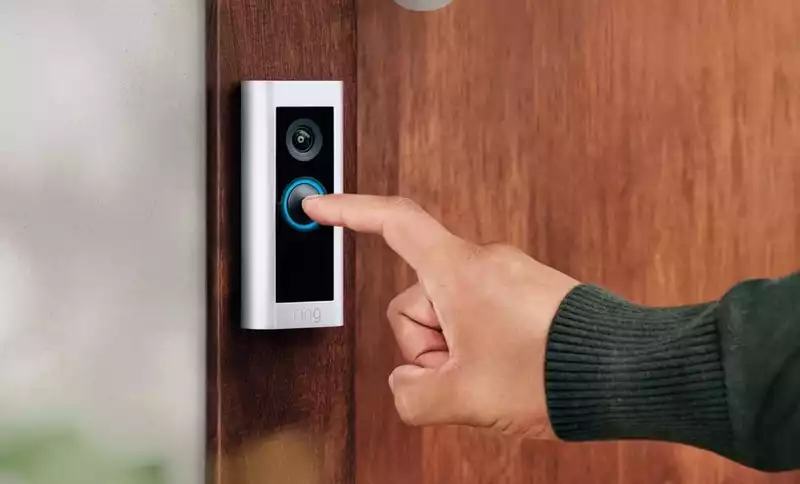Starting next week, Ring will make significant changes to the Neighbors app and its partnership with law enforcement.
Beginning the week of June 7, Ring will phase out the existing system and all requests from police and fire departments will be published to the Neighbors app. After that, it will be up to individual Ring owners to decide whether or not to share their videos.
In the existing system, if law enforcement wants to review footage from a Ring owner's cameras (including video doorbells and home security cameras), they submit a request to Ring, which then passes the request on to Ring owners in the vicinity of the incident. If these owners choose to participate, law enforcement officials may view the footage from their cameras.
However, as the program has grown to encompass more than 2,000 agencies across the United States, the system has come under a lot of scrutiny (you can see which agencies have partnered with Ring on this map). Last summer, the program came under scrutiny again when the LAPD requested footage related to protests following the murder of George Floyd.
Under the new system, any request by a government agency is publicly posted as a "request for assistance" post within the Neighbors app. According to Ring, "Each post must include a valid case number and government agency contact information, be limited to a 12-hour timeframe, and be limited to a range of .025 to .5 miles."
According to Ring's guidelines, once a request for assistance post is published, it cannot be removed, "cannot be used to gather information about legitimate activities, such as protests," and must contain "information relevant to an ongoing investigation, specifically, the type of incident under investigation."
The information must.
If Ring users choose to share footage from their cameras, they may share the footage privately or contact the investigating agency directly by clicking on a link in the post Ring users may refuse to receive requests in the previous system Ring users can also choose not to see these postings, just as they could have refused to receive requests in the previous system.
Pam Dixon, founder and executive director of the World Privacy Forum, said she was "very pleased" with the changes. 'This particular change is a public good. It puts the people who own the Rings back in a position of control, and that's the way it should be."
The World Privacy Forum was one of several groups contacted by Ring as the company worked on the policy change. Dixon said the transparency of the new policy, along with the end-to-end encryption Ring introduced earlier this year, was key, as was Ring's "getting out of the business of sharing data."
It is a slight change from Ring's previous system, and the new policy should give a better look at what is required, although there are likely still opponents who say Ring should not partner with law enforcement at all.










Comments